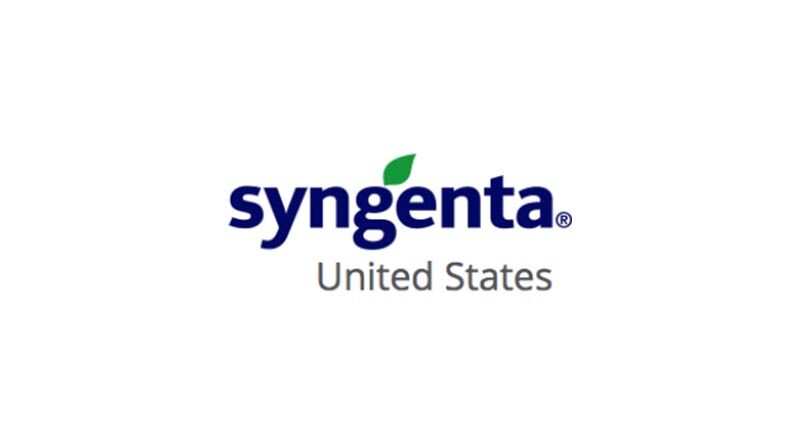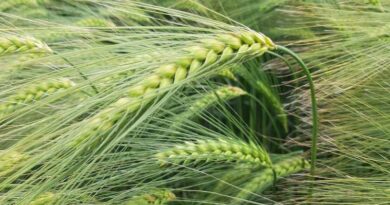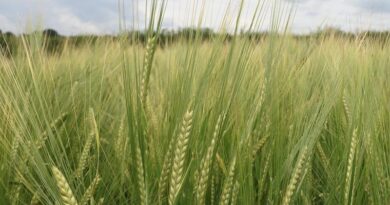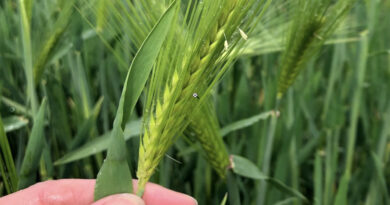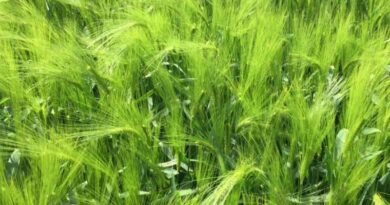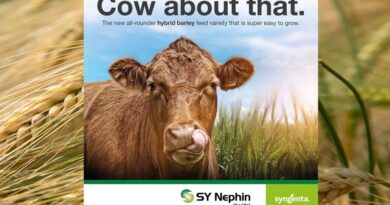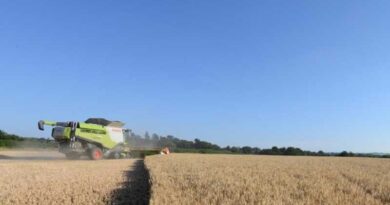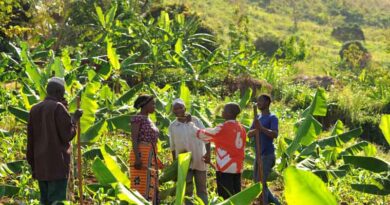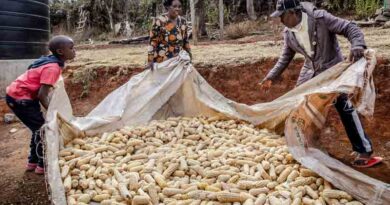New hybrid barley could strike a chord with growers in the north and west and on heavy land
04 June 2021, UK: A new hybrid winter feed barley being launched this autumn, which combines high yield with high grain quality, could hold particular appeal for growers in the north and the west of the country, as well as on heavier land, says its breeder.
SY Thunderbolt, from Syngenta, is new on the AHDB Recommended List (RL) for 2021/22, where it has a UK treated yield of 107% of control varieties and a grain specific weight of 69.6 kg/hl, says Syngenta seeds technical manager, Paul Roche.
Also Read: Rapid rise in global food prices in May
This should give growers high confidence for achieving grain buyers’ specific weight thresholds, he says, particularly since further AHDB data showed SY Thunderbolt delivered above 69 kg/hl consistently over the last three years.
But as well as its headline figures, Mr Roche says its consistent yields of 107% across all UK regions, combined with it being one of the earliest maturing varieties on the AHDB RL, could make SY Thunderbolt a particularly attractive option in the north and west regions. Further data available on the AHDB RL also shows it has the highest yield figure on heavy soils, at 111% of control varieties, he points out.
“We know that winter barley matures several weeks later in the north,” says Mr Roche, “so early ripening is important here, as well as in the west.
“An early harvest also helps to spread summer workloads and gives an opportunity for early cashflow. It is also especially useful if following barley with oilseed rape.
“The oilseed rape price is very healthy at the moment, and soil moisture is critical for the crop’s germination. If you can get oilseed rape up and away early while soil moisture is still available it stands a better chance against the first wave of cabbage stem flea beetle.”
For growers on heavy land which is typically favoured by black-grass, Mr Roche says the combination of the top yield figure of SY Thunderbolt on heavy soils and the ability of hybrid barley to suppress black-grass with its hybrid vigour, means SY Thunderbolt looks a good fit in this situation as well. Hybrid barley has also been shown to suppress ryegrass and brome, he says, and competes not only through its vigorous growth above ground but also through its vigorous roots.
Syngenta marketing manager for hybrid barley, Sarah Hughes, agrees and says several of the benefits of SY Thunderbolt are very relevant to current farming challenges.
Mrs Hughes explains: “Recent Syngenta research found that farm profitability, soil health, reducing fertilisers, loss of crop protection products, and reduced labour, ranked among farmers’ drivers for the next few years.
“As well as vigorous growth helping to suppress certain grass weeds in the face of limited herbicide options, and early maturity spreading harvest labour requirements and aiding timely oilseed rape establishment against cabbage stem flea beetle, the larger root mass of hybrids may enhance scavenging for nutrients and water.
“The return on investment from feed barley is very attractive at current grain prices. However, recognising the challenges that growers face, we will be maintaining the 2021 seed price for hybrid barley at the same level as last year,” Mrs Hughes concludes.

